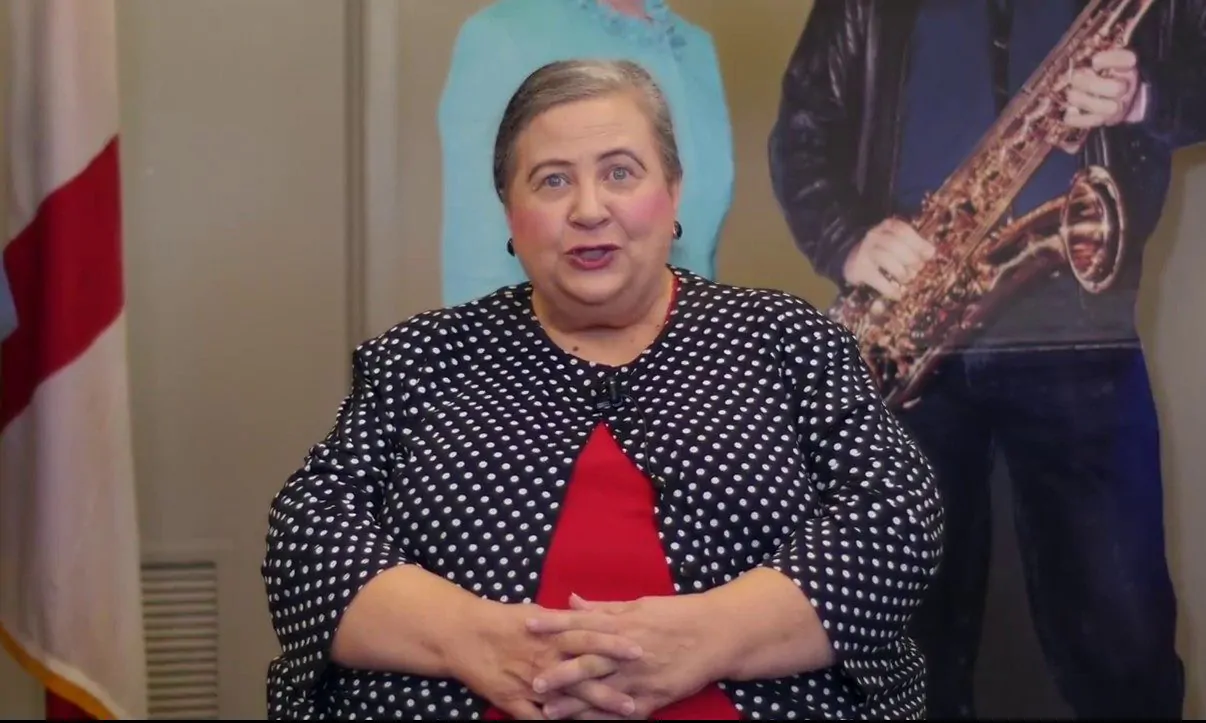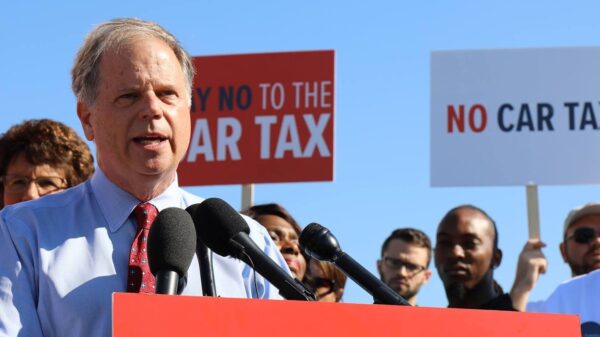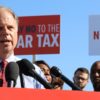The Alabama Democratic Party is still a mess.
Last Thursday, following a vote by the Democratic National Committee’s credentials committee that stripped ADP chairwoman Nancy Worley and vice-chairman Randy Kelly of their credentials, there was widespread joy among Alabama Democrats. A feeling that finally something was being done about the leadership — or lack thereof — at the top of the party.
Not so fast.
In reality, Worley and Kelly are still very much in control of the party, and in those positions, they have the ability to stall, if not outright block, almost all efforts to remove them or rewrite the party’s bylaws in a manner that would limit the power of vice-chairman for minority affairs Joe Reed.
“The party wasn’t really setup at the national level to tell state parties what to do,” said Richard Roucco, a Birmingham attorney who is representing several State Democratic Executive Committee members who challenged last August’s re-election of Worley and Kelly. “They are very hesitant to do that, but they also recognize that Alabama is a unique circumstance. So they have to act.”
The first real action occurred on Thursday, following a contentious meeting in San Francisco, at which Worley essentially told the DNC’s credentials committee that any vote against her was a vote to disenfranchise black voters in Alabama and that the voters who did so would burn in hell. Not exactly the best way to win friends.
Prior to that outburst from Worley, most assumed that the committee still wouldn’t strip her of her credentials, despite months of delays and stall tactics meant to avoid bringing the ADP’s bylaws — specifically in the area of minority outreach — into compliance with DNC bylaws.
The issues with ADP’s bylaws, and the manner in which minority outreach was handled — with Reed essentially handpicking 30-plus at-large members to fill the required minority memberships on the day of leadership elections — led to the invalidating of the elections. That setup, not surprisingly, led to serious allegations of fraud.
The DNC ordered that Worley and her team draft new bylaws that better reflected the goals of the DNC. That would include an outreach to Hispanics, Asians, LGBTQ and youth voters — to the extent that the membership of those groups among the SDEC would be equal to or greater than the percentage of those individuals in the state of Alabama.
That action occurred in February, and the DNC gave Worley until March to act. By June, there had still been little significant effort, because making such changes would inevitably limit the power Reed currently has — which allows him to fill the necessary at-large minority spots — and would wind up with Worley voted out.
That lack of action led to DNC officials sending Worley a lengthy list of suggested changes to the bylaws. She ignored those, as well, and in August, she submitted her own plan. It was soundly rejected by the DNC.
Along the way, DNC officials found themselves in a mind-boggling ordeal, with Worley and the rest of the ADP leadership avoiding their calls and emails and then pretending in ADP meetings that they never received correspondence that every other SDEC member received.
But still, the DNC doesn’t like the idea of the national organization telling state parties how to operate, so DNC officials considered themselves offering guidance and help, not intervening to eradicate a cancer.
All the way up until last Thursday, when six months of stalling and lies, along with a nasty speech, pushed the credentials committee — and later, the full DNC — to punish Worley and Kelly with the only real tools available: pulling credentials.
But that doesn’t really help ADP.
At this point, the state party still must approve the bylaws changes mandated by the DNC. That can’t occur unless Worley distributes proposed changes to voting members for approval, allows for a 30-day comment period and then sets an SDEC meeting to vote on the changes.
So, Worley controls both the changes that will be submitted to the SDEC and whether a meeting is called to vote.
Unless, that is, SDEC members get together and call their own meeting. If 51 percent agree to meet and vote on a set of proposed changes, that’s allowed under party bylaws. But even if that occurs, Worley would preside as the chairman of any called meeting and could control any items brought for a vote.
“The (DNC) party system just wasn’t set up to handle a chairperson who refuses to do anything to help the state party succeed,” said an SDEC member who asked not to be named out of fear of retaliation. “It shouldn’t be a surprise that the (DNC) didn’t envision a scenario in which a state party chairman would work against the party.”
But things are not hopeless. A number of SDEC members, DNC officials and interested parties told me on Monday that tremendous pressure is being placed on ADP leaders, including Worley, to do the right things and stop standing in the way of the proper changes being made. Worley has privately agreed to cooperate with most actions, but it’s unclear how far her cooperation will extend, specifically when it comes to the rewrite of the bylaws.
At a minimum, most can’t imagine new elections being held for two months. Others are less optimistic.
One thing is absolutely clear: The ADP’s troubles are a long way from over.
















































